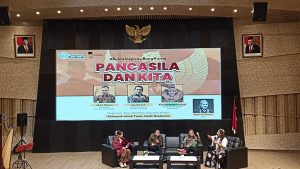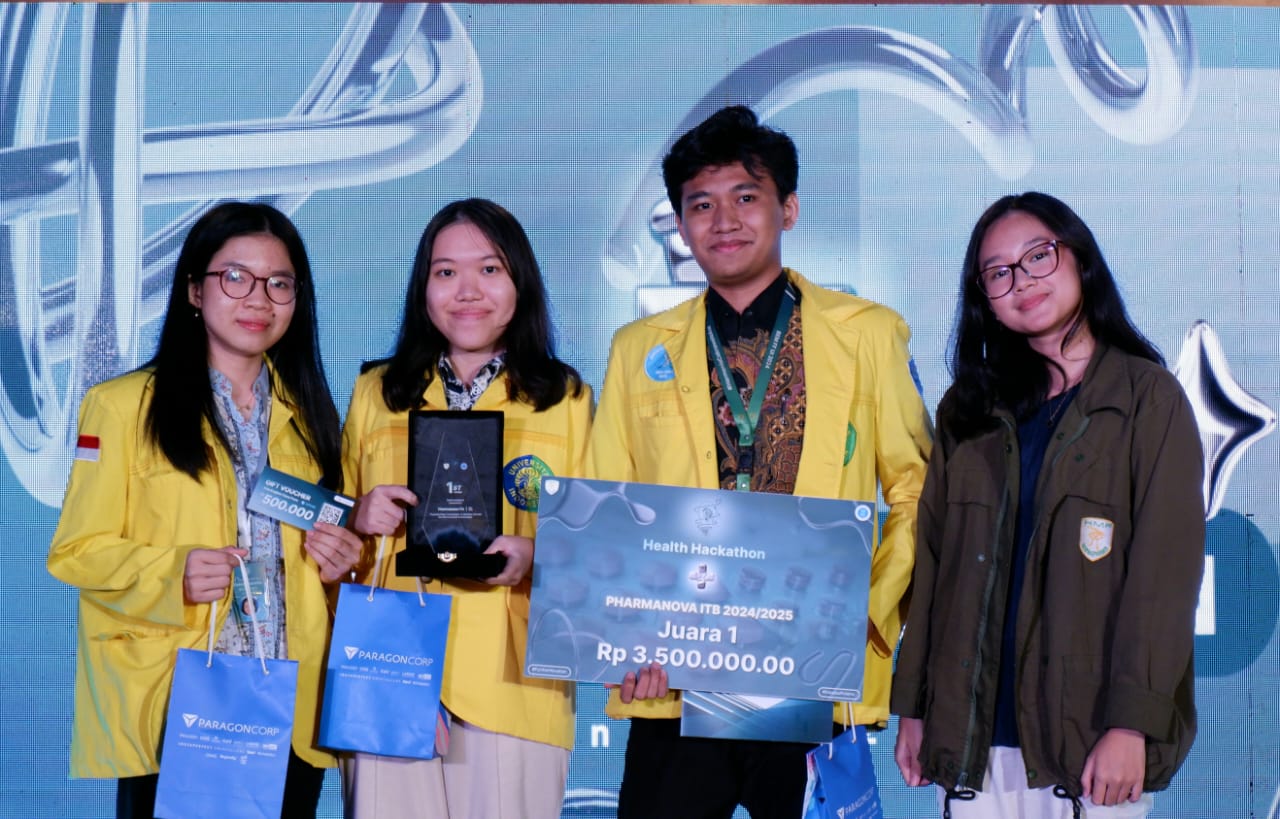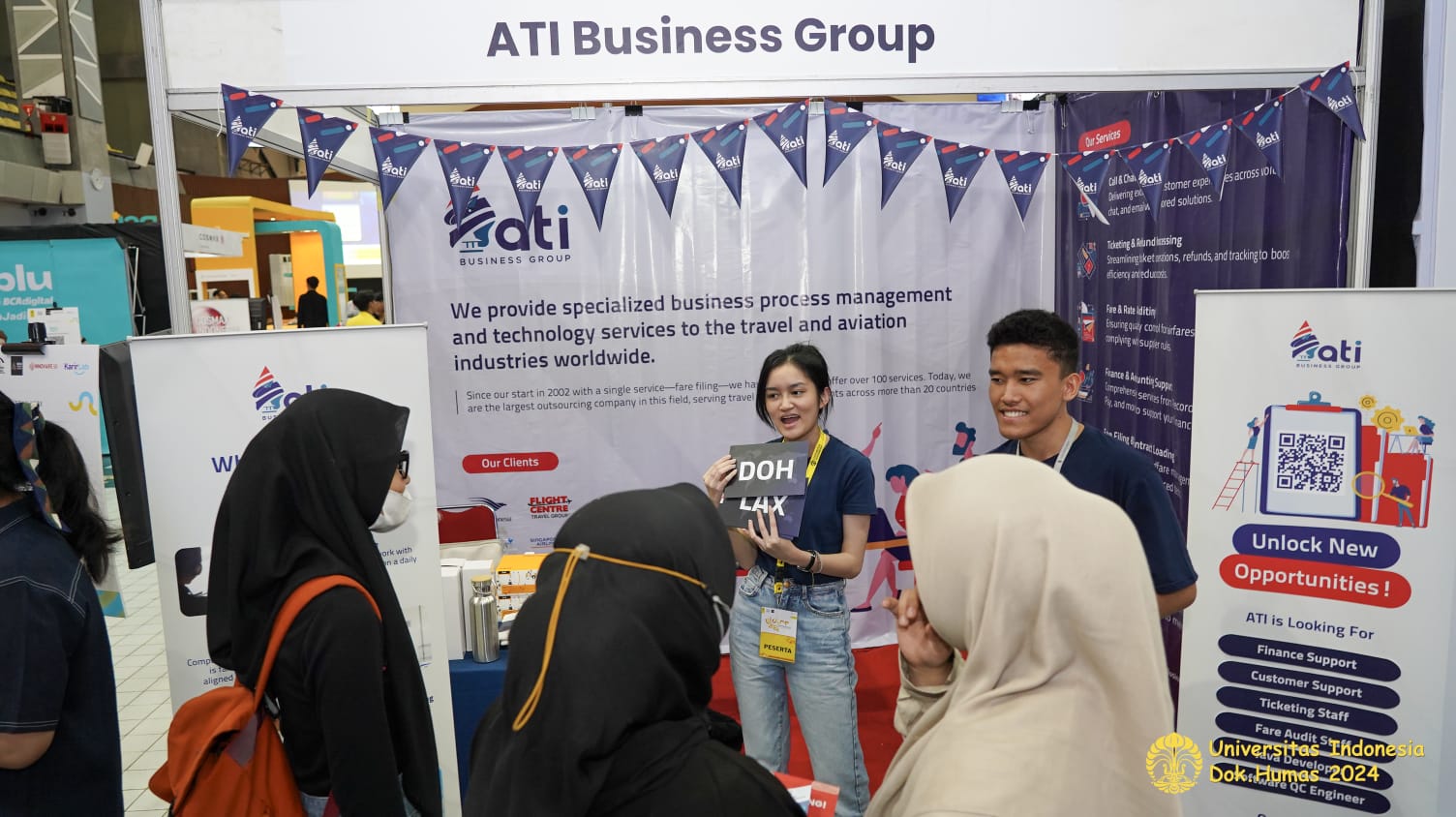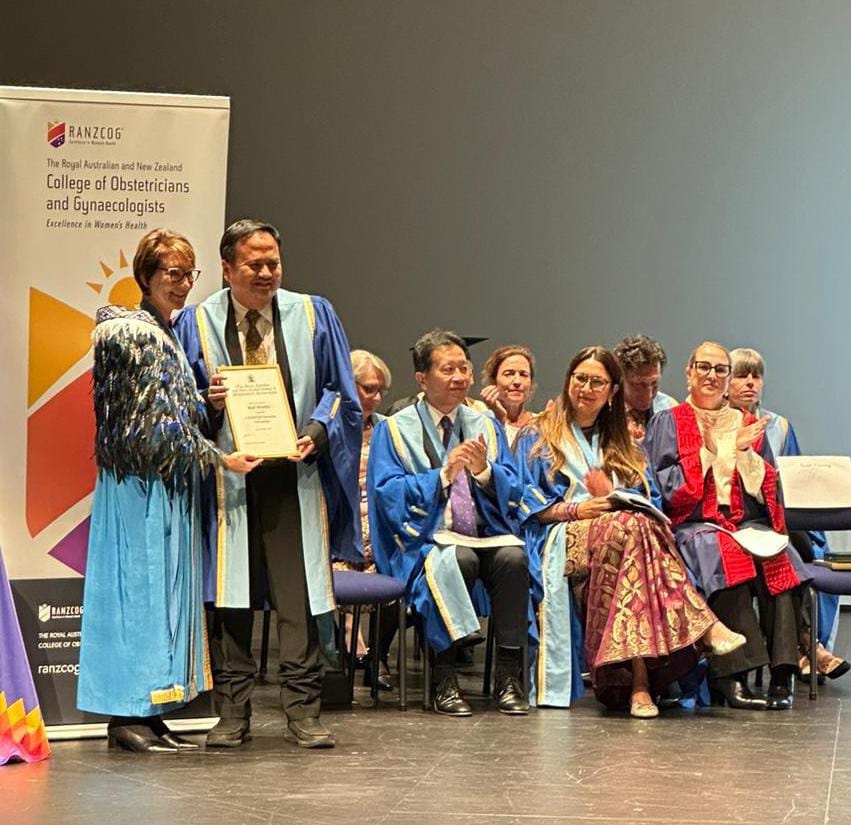
To practice and maintain the value of Pancasila in the modern era, special efforts are needed. Tradition Practitioner in Social Media Kensita Rama Ningsih has a unique and distinctive way of doing this. By utilizing social media, Kensinta educates Indonesians through Tiktok content.
This method is considered effective considering the development and advancement of technology and the digitalization process. In the content, Kensita always wears kebaya with the aim of preserving ancestral heritage while showing the identity of Indonesian women. “When others wear sexy clothes to appear on Tiktok, I appear wearing kebaya to educate the younger generation that Indonesia is rich in cultural heritage, customs, tribes and languages,” said Kensita.
According to Abdul Ghopur, author of the book Pancasila Nalar Bangsa, Pancasila is an inseparable part of Indonesian life. “Despite having various languages, cultures, tribes, races, religions, Indonesia is essentially united in a state ideology. Pancasila is a unifier, strengthener, and reconciler of various conflicts in Indonesia,” said Ghopur in a discussion entitled “Pancasila and Us” held by MAC UI, on Friday (17/06).

In line with his view, Head of Makara Art Center Universitas Indonesia (MAC UI) Dr. Ngatawi Al Zastrow said that Indonesia has basic values from the birth of Pancasila, starting from the values of divinity, humanity, unity, democracy, and justice which are clearly stated in the five values of Pancasila. “These values stretch from Sabang to Merauke with millions of diversities, cultures, and languages to achieve one common goal, which is to practice Pancasila,” he said.
As explained in the 1945 State Constitution of the Republic of Indonesia (UUD 1945), Pancasila has an important role in protecting the Indonesian nation, promoting public welfare, and educating the nation’s life. The existence of Pancasila is considered effective in solving various differences of views that can damage the unity and integrity of the Republic of Indonesia. This is emphasized in Presidential Regulation (Perpres) Number 24 of 2016 concerning the Birth of Pancasila.
Looking at the history of its establishment, the existence of Pancasila begins with the formation of the Investigating Committee for Preparatory Work for Independence (BPUPKI). The purpose of this institution was to determine the basic foundation of Indonesian state as the nation’s ideology.
On that occasion, Ir. Soekarno conveyed his ideas regarding the ideology of Pancasila. “To follow up on Ir. Soekarno’s idea, Committee 9 was formed so that the formulation of Pancasila was born in the preamble of UUD 1945,” said Director of the Center of Pancasila Studies Saeful Arif.
The organization of the discussion, which was broadcast via Youtube and Sultan TV, is an effort to defend Pancasila, whose existence has begun to be forgotten by some people. According to the Director of the Pancasila Ideology Development Agency (BPIP) Irene Kamelin Sinaga, every individual can maintain the existence of Pancasila by practicing it in daily life.
The talented young generation is expected to continue to strive to preserve Pancasila. “Like the arts and culture community at MAC UI, which is one of the efforts to practice the values of Pancasila. I represent BPIP and highly appreciate UI and MAC UI for this contribution,” said Irene.
At the end of the event, the discussion was closed with musical entertainment from the Gusdurian Music Community and harp music from Clara Aretha Krishanti. Dr. Zastrow invited all Indonesians to collectively love Pancasila by practicing and preserving it in everyday life. To the next generation, Dr. Zastrow advised them to continue practicing the values contained in the five principles in varied, innovative and creative ways.



